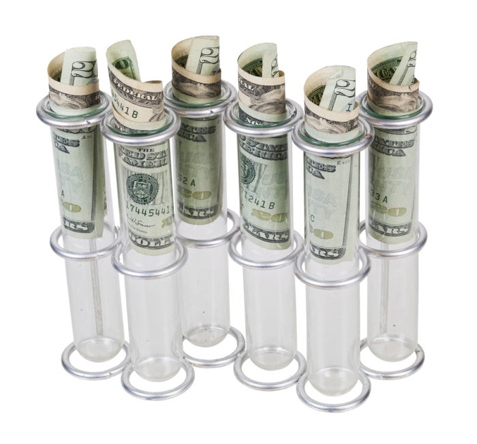Novartis AG (NYSE: NVS) has spent most of 2017 buying up licenses to preclinical candidates. In the first 10 months of this year, it spent approximately $225 million in disclosed upfront payments. But the Swiss drugmaker just spent $3.9 billion for a more established drug product targeting neuroendocrine tumors.
On October 30, 2017, Novartis acquired Advanced Accelerator Applications S.A. (NASDAQ: AAAP), a French radiopharmaceutical company that develops, produces and commercializes molecular nuclear medicines including Lutathera® (177Lu-DOTATATE), a first-in-class RLT product for neuroendocrine tumors (NETs).
The radiopharmaceutical was approved in Europe last month for the treatment of unresectable or metastatic, progressive, well differentiated (G1 and G2), somatostatin receptor positive gastroenteropancreatic neuroendocrine tumors (GEP-NETs).
In the United States, Lutathera is under review with a Prescription Drug User Fee Act (PDUFA) date of 26 January, 2018.
The cash offer of $41 per ordinary share and $82 per American depositary share represents a 47% premium to AAA’s price before media speculation on Sepember 27, and works out to 26.19x revenue.
Radiopharmaceuticals are unique medicinal formulations containing radioisotopes which are used clinically for both diagnosis and therapy. The deal further strengthens the Swiss drugmaker’s oncology business, already boosted by the 2015 acquisition of GlaxoSmithKline’s marketed cancer drugs and August’s approval of a ground-breaking gene-modifying leukemia treatment.
With AAA, Novartis gets technology that deploys trace amounts of radioactive compounds to not only create images of organs and lesions to diagnose diseases but which can also be used to fight cancer. In addition to Lutathera, AAA brings a broad set of skills in developing, manufacturing and commercializing radiopharmaceuticals, including the companion diagnostics for Lutathera (NETSPOT® and SomaKit TOC).

